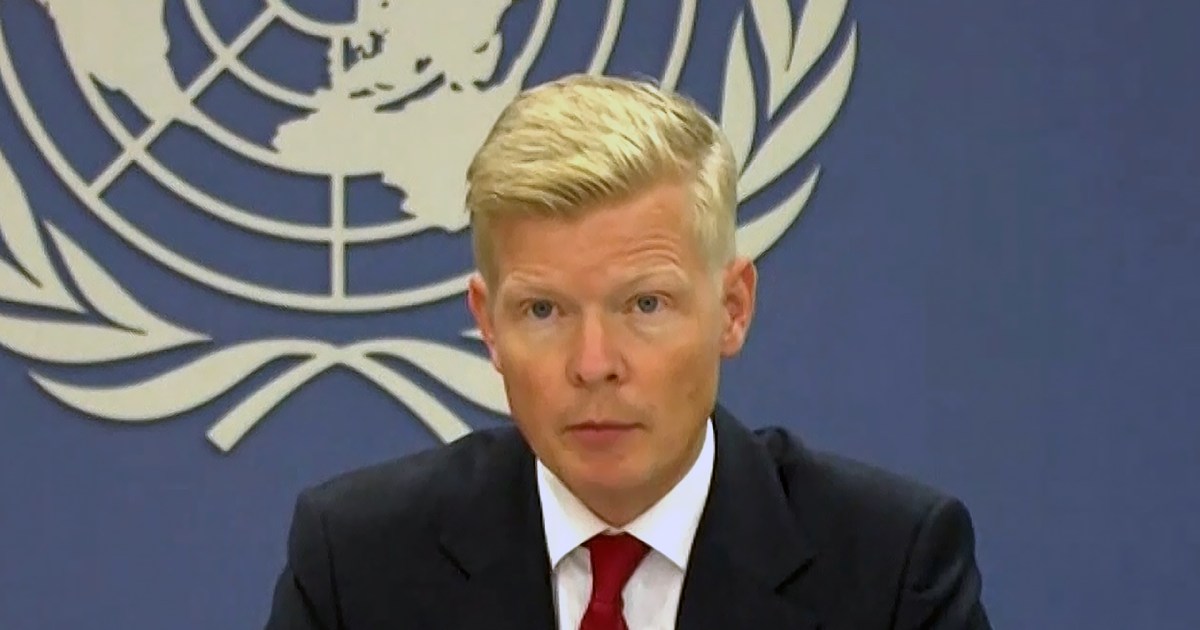The UN envoy to Yemen, Hans Grundberg, said that the truce in this country has been holding for more than 3 months to date, as it has resulted in a significant decrease in the number of civilian casualties estimated at two-thirds compared to what was the case in the three months preceding the start of the truce.
In his briefing to the Security Council today, Monday, Grundberg confirmed that "the continued flow of fuel to the ports of Hodeidah (west) has contributed to alleviating the crisis," as "since June 2, 7 fuel ships have obtained entry permits to the port of Hodeidah carrying more than of 200,000 metric tons of various petroleum products.
The UN envoy pointed to the rise in fuel prices in Houthi-controlled areas, though, adding, "With the increase in fuel prices, but for the imports that were facilitated by the armistice, the situation would have been much worse."
Grundberg stressed that he will continue to discuss the possibility of extending the scope of the truce and extending it for a longer period, noting that this would provide time and opportunity to start serious discussions on economic and security tracks.
According to Grundberg's briefing, three and a half months have passed since the armistice "without this time being well invested."
The UN envoy explained that he is still receiving reports from both sides of the conflict regarding alleged incidents inside the country, pointing out that his office supports the parties in establishing communication channels to help them manage these "alleged" incidents in a peaceful manner.
With regard to the file of opening roads in Taiz (southwest), Grundberg added, "Since my last briefing, I have been involved with the parties, including in Oman and my recent visit to Muscat, and put forward proposals to open roads immediately in Taiz and other provinces," noting that the Houthis informed him of their rejection of those proposals.
Following the end of Amman’s negotiations regarding Taiz roads in late May and early June, the envoy submitted a proposal to open 4 roads in Taiz, including a main road, in addition to a road in Al-Dhalea governorate. The envoy said, “It takes into account the views and proposals of both parties.”
The Houthi group rejected it and insisted on opening secondary roads.
The UN envoy to Yemen expressed optimism about the possibility of opening Taiz roads, and encouraged all parties to engage to reach a comprehensive agreement.
Grundberg urged the parties to seize this opportunity, explaining that the agreement on both sides is important "because opening roads requires coordination and continuous communication to ensure that roads are opened safely and sustainably for civilians to cross."
And in early June, the legitimate government and the Houthi group agreed to extend a humanitarian truce sponsored by the United Nations, for a period of two months, after the expiration of a similar previous truce that began on April 2, one of its clauses includes a comprehensive ceasefire.
The country has been witnessing, for more than 7 years, an armed conflict between government forces backed by the Saudi-led coalition forces on the one hand, and the Houthi militias on the other, causing great material and human losses, as well as dragging the country towards the worst humanitarian crisis in the world. According to UN reports.

